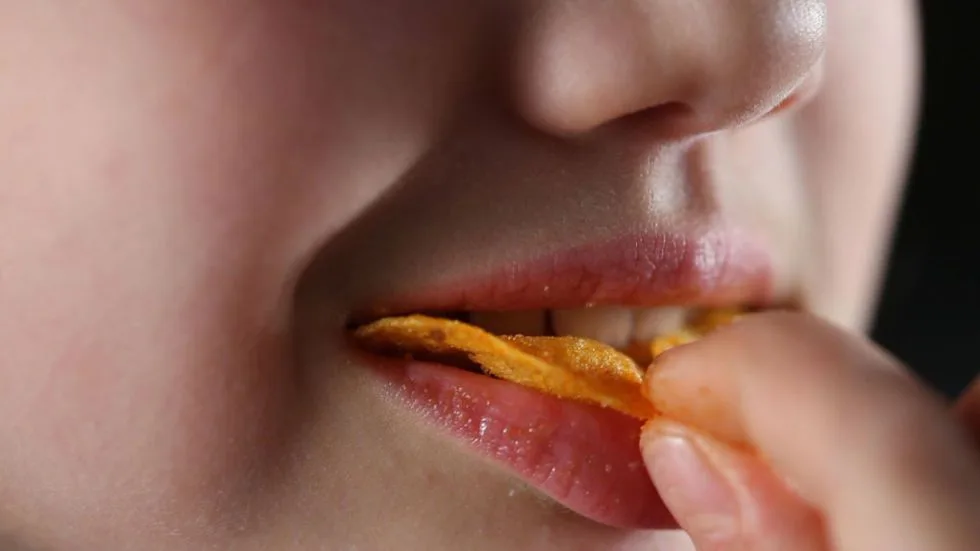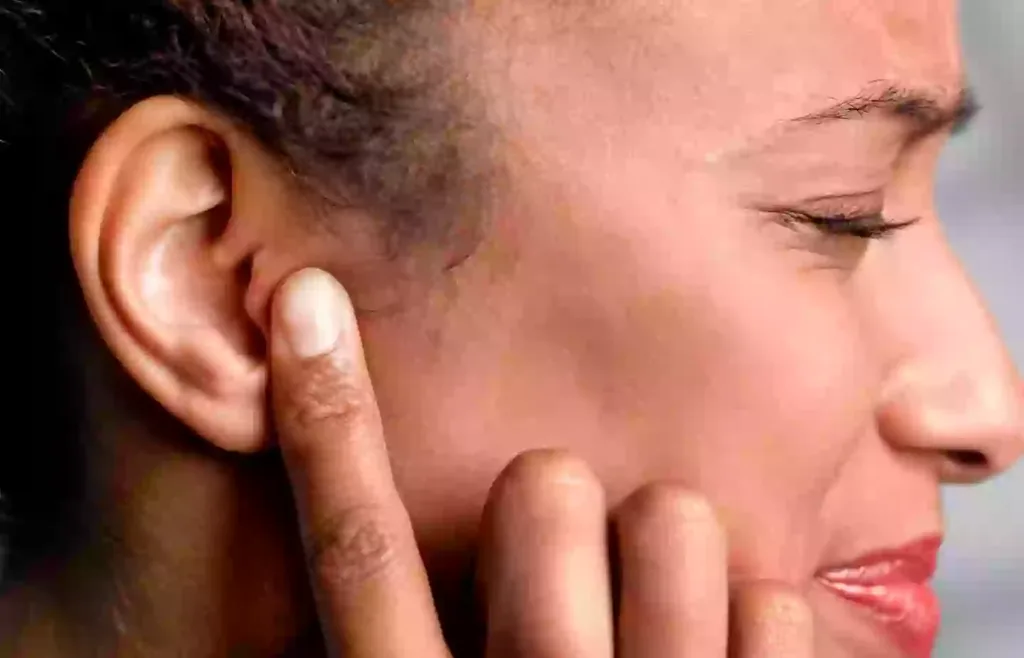Understanding Misophonia: The Psychological Disorder Behind Everyday Sounds

We’ve all been taught basic dining etiquette Misophonia: don’t chew with your mouth full, don’t talk with food in your mouth, and don’t make noise while eating. These simple rules are designed to make meals more pleasant and socially acceptable. But for some people, the irritation caused by everyday sounds goes far beyond normal annoyance. If you’re someone who feels deeply frustrated by sounds like chewing, slurping, or even typing on a keyboard, you might be dealing with a condition known as misophonia.
What is Misophonia?
Misophonia is a psychological condition characterized by an extreme emotional reaction to specific everyday sounds that most people can easily ignore. According to the NHS, sounds like eating, nose blowing, or even repetitive environmental noises such as keyboard tapping can trigger intense feelings of distress, anger, or panic in those who suffer from it. The reaction can be so overwhelming that it feels like a “fight or flight” response, with symptoms including a racing heart, shortness of breath, tension, and even a physical sensation of heat.

Common Triggers of Misophonia
While the sounds that trigger misophonia can vary from person to person, there are three common categories of sounds that most individuals with this condition find particularly upsetting:
- Eating Noises – This includes sounds like chewing, slurping, and swallowing, even at very low volumes.
- Nose and Throat Sounds – Sniffling, throat clearing, or loud breathing can be unbearable for those affected by misophonia.
- Repetitive Environmental Noises – Common sounds like tapping keyboards, rustling paper, or even ticking clocks can cause intense feelings of irritation or panic.
The Emotional Impact
People with misophonia often describe the emotional impact as a feeling of being trapped, helpless, or out of control when they can’t escape the sounds. Even if the sound isn’t very loud, the emotional reaction can still be intense, often leading to physical discomfort like tension or hot flashes. The feeling can linger long after the sound has stopped, making it difficult for individuals to move past the experience. This can be especially challenging in environments where these sounds are constant, like at work or home.
How Misophonia Affects Daily Life
For those with severe misophonia, the condition can significantly disrupt daily life. The emotional and physical responses to these sounds may cause distress at work, in social situations, or at home. In fact, some individuals find themselves dreading certain situations because they are anticipating the sounds that might trigger their emotional reaction.

Treatment Options
While there’s no immediate cure for misophonia, there is some evidence to suggest that cognitive behavioral therapy (CBT) can help alleviate the distress caused by the condition. CBT aims to help individuals reframe their reactions to the triggering sounds and reduce the intensity of their emotional response. For those with more severe misophonia, therapy can help manage the reactions even when the sound is not present, such as worrying about the sound in advance or having lasting impacts on work or relationships.
The Science Behind Misophonia
The NHS explains that misophonia may stem from a variation in sensory processing. This could mean that the brain reacts to certain sounds as if they pose a threat—such as the potential for illness from spit or contamination when someone eats with their mouth open, or a predator’s presence when hearing rustling or tapping sounds. While therapy might not directly change sensory processing, it can help individuals cope with the anxiety or distress that these sounds provoke.
Conclusion
Misophonia is a condition that goes beyond simple irritation. For those who suffer from it, the emotional and physical responses to certain everyday sounds can be overwhelming and difficult to control. While there’s no one-size-fits-all solution, cognitive behavioral therapy is proving to be a helpful tool for many in managing their reactions. With greater understanding and proper treatment, those affected by misophonia can find ways to reduce the impact these sounds have on their lives.







